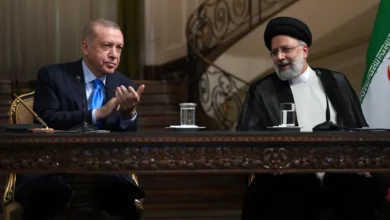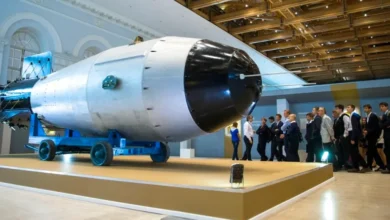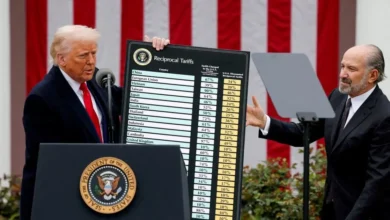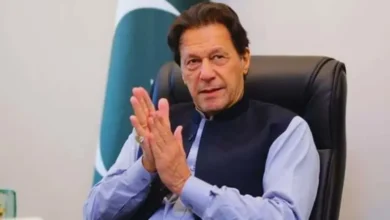Regional collaboration, robust laws aid rapid development of Middle East space sector
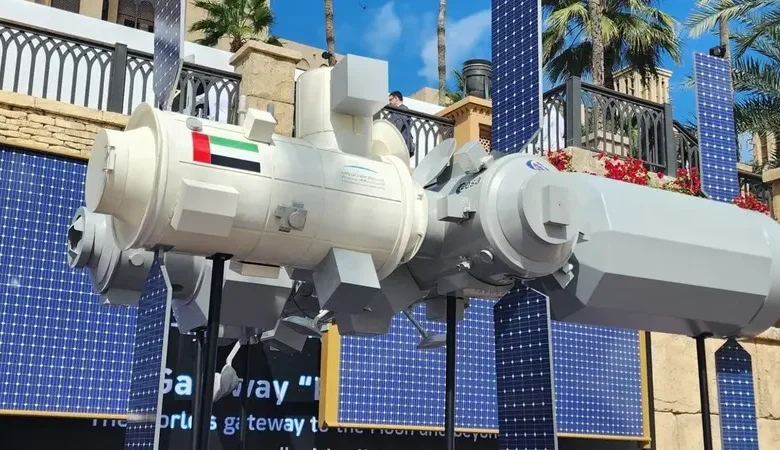
A growing recognition of the importance of space regulation and the periodic implementation of these laws, coupled with greater collaboration between Gulf countries is helping the Middle East rapidly evolve in the industry, panelists from the industry told the World Government Summit on Wednesday.
“Our laws and bylaws are going through a tremendous change,” Salem Butti, Director General of the UAE Space Agency, said, adding that the country will undertake a review of its space law every three years instead of six to eight years to “be ahead of the curve in all sectors.”
Space regulation in the UAE is governed by the Federal Decree Law No. 46 of 2023 Regarding the Organization of the Space Sector.
Ever since forming the space agency in 2014, the UAE has sent numerous satellites, put a probe around the orbit of Mars, made and launched a home-grown rover to the moon, and sent an Emirati astronaut to the International Space Station (ISS) for six months.
Building on the first moon rover which did not make it to the surface due to a fault with the lander, a second rover will be designed in 2024. Separately, an Emirati-built satellite is expected to be launched and two more NASA trained astronauts will be added to the country’s growing roster.
“The flagship projects are not for only achieving in space, but the bottom line is to grow our economy, to grow our national workforce, and to make them ready for achieving a pioneering space sector as a global player,” Butti said.
“In all of our projects, one of the underlining requirement is, you need to have a lot of Emiratis as part of the project. You need to develop their skills, we need focus on research papers, and R&D on indigenous technologies that needs to be developed within our academia society here within the UAE,” he added.
The UAE also seeks greater regional and international investment in the sphere. Neighboring countries like Bahrain are also tapping into their resources to develop their own space potential.
From capacity building to training Bahraini nationals in UAE universities, Mohamed AlAseeri, the CEO of Bahrain’s National Space Science Agency said that collaborating with the Emiratis is “one of the best success stories, showing the collaboration in the Middle East between the Middle Eastern countries in the field of space.”
Speaking on the same panel as Butti, AlAseeri said the agency didn’t face any challenges and instead “found a lot of opportunities” including knowledge exchange, access to space laboratories, and collaborate on design and building of space tech.
Saudi Arabia, one of the region’s economic powerhouses, has also signaled its intent to develop its space programs. Last year, two Saudi astronauts embarked on a mission to the ISS.
Most Gulf nations have set aside millions of dollars to expand their space programs.

